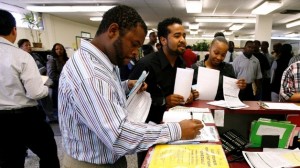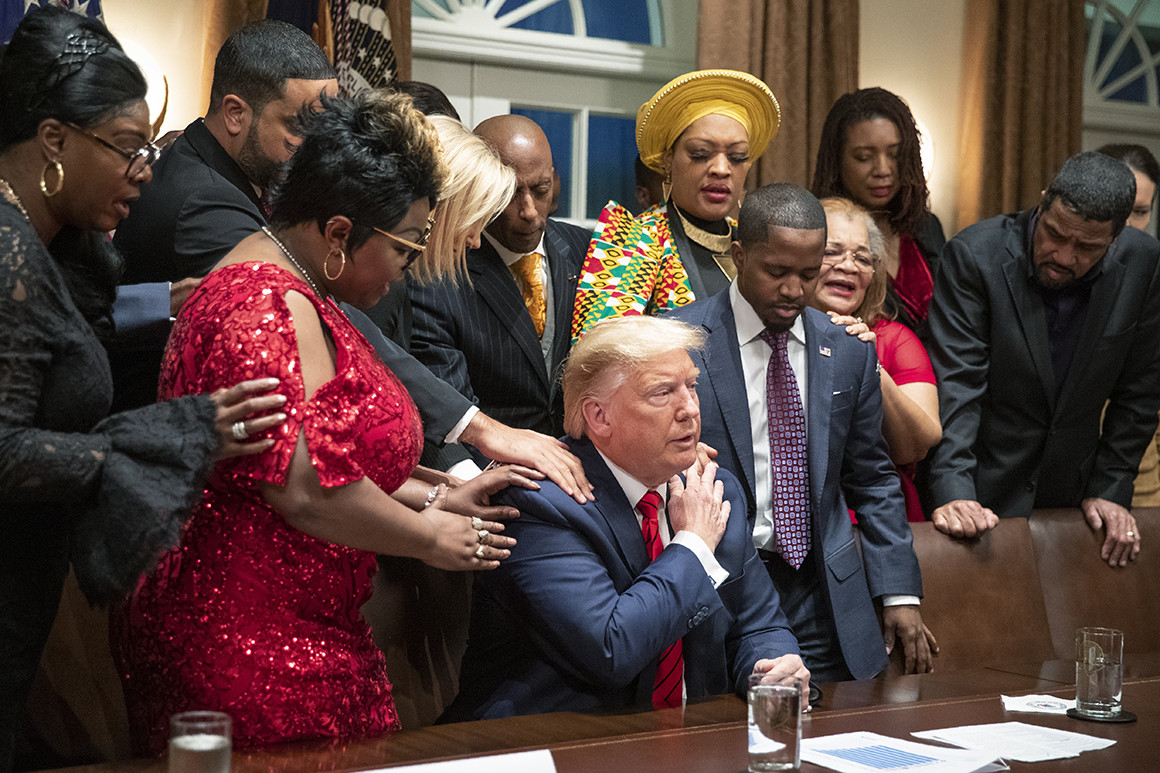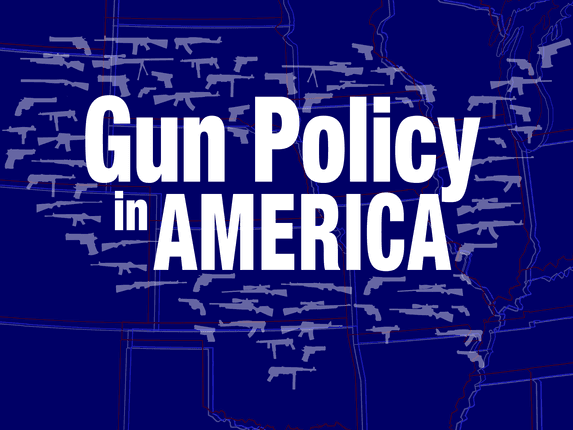(ThyBlackMan.com) The latest grim figures for black joblessness wiped away the brief glimmer of hope that the nation’s tepid and cautious recovery might finally be diminishing the chronically high unemployment levels among blacks and the Great Depression-level jobless numbers among young black males. A month before the release of the current job figures there was a slight downturn in black unemployment. The latest figures sharply reversed that.
The unemployment rate for blacks again is double that of white males, while one out of three young black males are unemployed. Two years ago the Congressional Black Caucus publicly prodded President Obama to say and do more about the jobless crisis. Obama made it plain then and on the handful of occasions that the issue has publicly surfaced since then that his antidote to  high unemployment is to pound the GOP to back his tax hikes on the rich, job creation stimulus measures, and his demand that corporations bring back the tens of billions they’ve parked offshore and plow them into domestic job expansion that generates jobs for all. There’s great merit to Obama’s position.
high unemployment is to pound the GOP to back his tax hikes on the rich, job creation stimulus measures, and his demand that corporations bring back the tens of billions they’ve parked offshore and plow them into domestic job expansion that generates jobs for all. There’s great merit to Obama’s position.
A recovering, robust economy will mean more jobs. But the troubling question as always is who gets the jobs even when the economy officially is humming?
The Clinton years provide one answer to that question. During the late 1990s joblessness tumbled to its lowest levels in two decades. Help wanted signs were everywhere. Deficit spending was not a major administration or congressional flashpoint issue since the government had a healthy budget surplus. There was no wholesale flight of capital to off shore havens, ballooning trade deficits, and corporations and medium sized businesses expanded. Yet, during the economic boom times, the unemployment rate for young black males was double — and in some parts of the country — triple that of white males. Plentiful jobs did not wipe out the nagging racial gap in employment.
The ball to do something about this was in the court of policymakers. But by then the war on terrorism absorbed much of the Bush administration’s attention. The fear of terrorism dominated public fears and debate. The creep upwards in unemployment was simply not a political concern. This changed for a brief moment in 2008. The political contentiousness and embarrassment of Katrina and the mishandling of the Gulf poor was still in the news. In the early stages of the 2008 Democratic presidential primary campaign and before his public tumble and disgrace, Democratic presidential contender John Edwards rammed the issue of poverty, primarily black poverty, back on the presidential campaign plate. Not to be outdone, Edward’s rivals, Hillary Clinton and Obama, made a couple of speeches pledging to make poverty and unemployment a major agenda item in their campaigns. But when Edward quickly unraveled, the issue of poverty unraveled with him and disappeared. There was never any chance that GOP presidential contender John McCain would make even the most fleeting reference to it. And he didn’t.
There’s little evidence that much has changed since then. President Obama will likely stick to his formula that a recovery will lift all. The GOP will stick to its formula that job growth depends on tax cuts, sharply paring down regulations on business, and spurring, private not government, initiatives. Neither approach will close the racial unemployment gap.
The GOP presidential nominee and President Obama would lose nothing by devoting some words to the crisis, and telling how chronic unemployment in one sector of the work force stunts long term recovery. They could tell how black joblessness creates the major problems of expanded welfare rolls, family destabilization, soaring public health costs, and high crime and drug rates, and high incarceration rates. The prison boom is the single biggest cause of chronic deficits for many states. It drains scarce tax dollars from job, health and government services.
President Obama could make that point in frontally addressing chronically high black joblessness without any real risk of alienating white moderate and conservative independents. Or fear that the GOP will latch onto this and pound him as a race pandering Democrat that has embraced the supposedly race-tinged politics of Al Sharpton or Jesse Jackson.
The problem is that the black unemployed, like the poor, have no powerful advocacy groups and are mostly nameless and faceless. They make-up no defined constituency that politicians can court and bank on to vote for them in swelling numbers They have no voice. And in politics it takes just that a voice, a loud voice, to get any attention.
There’s nothing hidden about the crisis of black joblessness. It’s painful, daunting and a huge barrier to the nation’s full economic recovery. That’s all the more reason why the presidential candidates must not be afraid to talk the crisis.
Written By Earl Ofari Hutchinson
One can find more info about Mr. Hutchinson over at the following site; TheHutchinson ReportNews.
Also feel free to connect with him through twitter; http://twitter.com/earlhutchinson




















This President while some Blacks wrap him in clouds of greatness is no more than an ambitious politician. The following statement made in your piece is indicative of that truth.
“There’s little evidence that much has changed since then. President Obama will likely stick to his formula that a recovery will lift all.”
A man of the people who feels the suffering of the people doesnot operate on formulas. Formulas would indicate that he sees the Black vote only as a resource to be plundered. When he slashed 6 montns from unemployment insurance benefits, to pass the tax holiday legislation which proved to be a failed piece of legislation ( see “Payroll Tax Holiday Sham: Obama could do more for Blacks” ..December 20, 2011 by Staff .. ThyBlackman.com )he proved to me and should have proven to the average intelligent Black voter, that his insensitivity to Black suffering knew no bounds. There is ample evidence to indicate when Blacks are laid off, they have more difficulty recovering from job lost than any other race. This was a slap in the face of Blacks and rejected by 14 members of the Black Caucus, including the Black Caucus Chairman. ( see “Mr.Obama, Burdening The Black Community (The Tax Holiday Debacle)! March 1, 2012 by Staff – ThyBlackman .com )
Your article maybe knews to you, and a few other uninformed brothers and sisters. However for me, it not a question whether he is going to throw us( Black voters ) under the bus again, it is just a question of when.
http://www.change.org/petitions/how-to-create-jobs-now-join-us